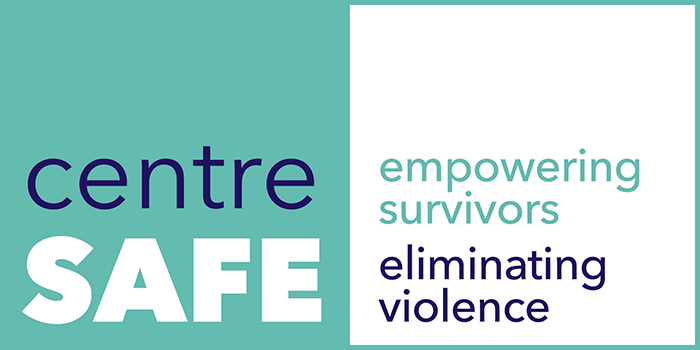A Protection Order may provide victims of abuse, sexual violence, or intimidation a civil remedy that requires the offender to stay away from the victim regardless of criminal charges being filed.
Who Can Get a Protection Order?
Victims of sexual violence, and minors who are victims of harassment or stalking by an adult, who have not had an intimate partner or family or house-hold member relationship with the abuser may apply for a Sexual Violence Protection Order (SVPO) or a Protection from Intimidation Order (PFIO).
Victims of abuse, sexual violence, and intimidation who have had an intimate partner or family or house-hold relationship with an abuser may instead apply for a Protection from Abuse Order (PFA).
Under the law, an intimate partner or family or household member is defined as those who are spouses, ex-spouses, parents and children, certain relatives, and current or former sexual or intimate partners. The agencies listed in this pamphlet can help you determine which type of order is appropriate based on your situation.
What Types of Relief May a Protection Order Provide?
For a period of up to three years the Protection Order may:
- Prohibit the offender from having any contact whatsoever with the survivor
- Prohibit the offender from entering the survivor’s residence, place of employment, business, or school
- Prohibit indirect contact with the survivor or through third parties
- Any other appropriate relief
What are the Penalties for Violating a Protection Order?
A perpetrator convicted of violating a protection order can be sentenced to pay a fine of up to $1,000 and serve up to six months in jail.
What Acts of Sexual Violence are Covered by an SVPO?
Under the law, sexual violence is defined as conduct constituting a crime under any of the following provisions, against persons who are not intimate partners, family or household members:
- Most sexual offenses
- Endangering welfare of children, if the offense involved sexual contact with the children
- Corruption of minors of a sexual nature
- Sexual abuse of children. This crime refers to pornographic depiction of children for a sexual purpose.
- Unlawful contact with minors
- Sexual exploitation of children
What Acts of Intimidation are Covered by a PFIO?
Intimidation is defined as conduct constituting a crime under the following and between persons who are not intimate partners or family or household members:
- Harassment or Stalking—where the conduct is committed by a person 18 years of age or older against a person under 18 years of age.
Where Do I File for a Protection Order?
A petition for a protection order can be filed in the county:
- Where the victim/plaintiff resides
- Where the abuser/defendant resides
- Where the abuse occurred
How Do I File for a Protection Order?
For assistance in filing for a Protection Order, please call Centre Safe at 1-877-234-5050
Am I Eligible for Free Legal Assistance?
To see if you are eligible for free legal assistance, please call Centre Safe for a referral to the Civil Legal Representation Project (CLRP) – Call 1-877-234-5050
The CLRP provides free legal assistance, advice, and representation to victims of abuse, sexual violence, and intimidation.
Additional Resources for Penn State Students
In addition to Centre Safe and CLRP listed above, Penn State students may also contact the following for assistance:
Office of Student Conduct 814-863-0342
Gender Equity Center 814-863-2027
Center for Gender and Sexual Diversity 814-863-1248
Student Legal Services 814-867-4388
Title IX Office 814-867-0099
